Australia’s most populous state, New South Wales, announced this morning that the state will reopen to international travellers from 1st November 2021. Of course, there are some conditions, but they are surprisingly relaxed after the current strong guidelines. First condition is that only fully vaxxed travellers will be allowed.
Fully vaxxed is your passport to travel
Many countries have already reopened their international borders (some never closed them) but most require evidence of vaccination, or at the very least recovery from Covid-19 itself. We’ve checked out a few of the places you can now (or soon) visit and what’s required of you before you arrive and when you get there. You’ll also have to ensure that you can actually leave your country of residence and if you’re a non-citizen, if you can return.
Australia
This morning’s announcement refers only to entry through the International Airport in Sydney (Cruises are under discussion, so Port of Sydney may have to wait for that approval).
Entry is open to travellers from all countries, providing they’ve and undertaken a PCR test for COVID-19 before they board their flight. As advised by the Therapeutic Goods Administration Australia, “Coronavac (Sinovac) and Covishield (AstraZeneca/Serum Institute of India) vaccines be considered ‘recognised vaccines’ for incoming international travellers to be regarded as appropriately vaccinated.” and “all four COVID-19 vaccines which have been granted provisional approval in Australia – from Pfizer (Comirnaty), AstraZeneca (Vaxzevria), Moderna (Spikevax) and COVID-19 Vaccine Janssen are also recognised for incoming travellers.”
Incoming travellers will no longer be required to undergo hotel quarantine from 1st November 2021. It’s also a good idea to check these two government links to see if you can enter/leave Australia, even if you are an Australian citizen or Permanent Resident.
Arriving in Australia – Do I need to apply? Leaving Australia – Do I need permission?
Malaysia
In the past week, Malaysia has relaxed it’s strict border exit policy, allowing citizens and Permanent Residents freedom to leave without permission. Those who return to the country must undergo self-quarantine, which is subject to the ministry’s procedures. Home quarantine is available upon application, if your home is found to be suitable. Travellers must return a negative Covid-19 test on arrival.
However Visa holders should still check if they will be able to return, should they decide to leave. Currently tourists aren’t included, although the government is considering opening up certain locations (Langkawi may be first) as a travel bubble destination.
Entry will be based on your vaccination status. You must show evidence of your fully vaxxed status, and download the MySejahtera App so you can upload the information. This app is used for entry to most businesses and venues across the country. You must also show a negative result on a Covid test taken within the previous 72 hours.
Indonesia
Bali, Indonesia’s popular tourist island is welcoming visitors, who must present a valid visa, a vaccine certificate and a negative Covid-19 test result. However, the Indonesian authorities have imposed a mandatory eight-day quarantine at designated facilities, before you can enjoy your holiday. PCR tests will be conducted upon arrival and before checking out of the facility.
A negative Covid-19 result allows you to continue your trip to Bali and you must upload your travel itinerary to the Indonesia Health Alert Card (eHAC) system. We’ll be watching for any relaxation of the quarantine condition, which is more stringent than that imposed by Thailand for their Phuket Sandbox program which opened in July.
Thailand
Thailand says they’ll do away with their Certificate of Entry (CoE) by the end of October 2021. Until then, you should approach your nearest Thai Embassy for advice, or register using the link. The Ministry of Foreign Affairs has announced updated procedures for arrival in the Kingdom, from November 1st. It’s set to be replaced by a new Thailand Pass system, for which we’re seeking more information.
Singapore
Singapore and Malaysia are holding talks to reopen their borders to each other’s citizens as both move away from their zero-Covid strategies toward living with the virus. Malaysian travellers approved to visit Singapore under the current PCA are only permitted to enter the country via two land crossings, the Second Link and Woodlands Causeway. Entering Singapore from Malaysia via air, should apply for entry approval from MOM. Travellers from a number of other countries who are fully vaxxed, are now allowed to enter Singapore via quarantine free lanes at Changi Airport.
Myanmar
Myanmar is currently closed to tourists and Myanmar’s entry restrictions do not currently allow foreign travelers and tourism is not permitted. Foreigners with compelling reasons to travel to Myanmar must get entry permission from the Myanmar Ministry of Foreign Affairs.
Lao
The Lao Ministry of Foreign Affairs is not very forthcoming on entry requirements for all travellers. However, the China-Laos railway will open on 2nd December 2021, and we’re betting it won’t be empty. However, The Government of Lao PDR has suspended all types of visas, including visa on arrival. The Laos-Cambodia, Laos-Thailand and the Laos-Vietnam land borders are all closed and will remain closed until further notice.
Cambodia
Visa exemptions and tourist visas (type T) including e-visas and visas on arrival for Cambodia are currently suspended. If you must travel to Cambodia, you must carry Health Certification (in English or French) indicating a negative COVID-19 status taken within 72 hours prior to the date of departure. In addition, all foreign nationals must provide proof of Health Insurance Documents with a minimum medical coverage of 50,000USD (fifty thousand US dollars). Get the full details from the Cambodian Ministry of Foreign Affairs website.
Philippines
Philippine Citizens and former citizens are permitted to enter the country. Foreigners are currently not permitted to travel to the Philippines as visa-free entry has been temporarily suspended. However, there are a number of exemptions which are clarified on philippinevisa.com and travellers must have a current visa which allows them entry. If you have a n existing visa, check with your nearest Philippine Embassy that it is still good for travel.
All international travellers permitted to enter the Philippines must be tested with a COVID-19 RT-PCR test on arrival at their own expense. Passengers arriving at Davao International Airport (DVO) must must produce the official results of a negative test for COVID-19. taken within 72 hours before boarding their flight.
Visitors arriving in the Philippines will be quarantined at their own expense in a Tourism and Health Agency approved hotel.
The quarantine period will be:
- At least 6 nights with a vaccination certificate showing full vaccination completed at least 14 days before arrival
- At least 8 nights if they do not have a vaccination certificate
China
For entry into Mainland China, all foreign passengers are not allowed to transit or enter unless they hold valid residence permits for work, private affairs, or reunion. Travellers with an expired residence permit whose status is unchanged, should contact the nearest Chinese Embassy to apply for renewal. Beijing, Shanghai, Chengdu and Xiamen all have these prohibitions, however there are some differences in quarantine arrangements. A minimum of 14 days in a centralised facility and regular testing is required, at the traveller’s own cost. Beijing also requires a further 7 days at a quarantine hotel. In Shanghai, the extra 7 days are health-monitoring in the community. Travellers who are transiting in Shanghai before onward domestic travel, may do 3 days in Shanghai and the balance 11 days at their destination.
We found the most comprehensive information about entry to China and various other countries on this China Airlines page. It seems to be updated regularly as it has the most recent information about changes in certain countries that went in to effect yesterday.
Korea
South Korean citizens, permanent residents, spouses and direct family members are allowed entry as are citizens of APEC countries holding an APEC business card.Use of the Korea Electronic Travel Authorization(K-ETA) is required for visa-free foreigners. Apply for K-ETA on the K-ETA website at least 24 hours before departure. K-ETA is valid for multiple trips over a period of 2 years and the application fee is 10,000KRW/person.
Japan
All travel to Japan for tourism purposes is banned. Citizens and travellers holding a valid re-entry permit may enter Japan. However, foreign nationals who have been in South Africa or U.K. during the14 days prior to landing in Japan, who hold a visa marked “EX-R” will NOT be allowed to land in Japan.
All passengers (regardless of nationality and vaccination) are required to present a certificate of negative test result. This must be conducted 72 hours prior to the scheduled time of flight departure. You must take COVID-19 tests upon arrival in Japan. Download the certificate form HERE (Japanese/English). More details are available from the Ministry of Health, Labor and Welfare website.
Taiwan
Residents and foreigners may enter Taiwan, but the conditions for entry vary. For foreigners this is dependent on where you have come from/been during the past 14 days. You can get more information HERE.
New Zealand
All foreign travelers are banned from entry for tourism. This currently includes travellers from Australia who briefly enjoyed a travel bubble between the two countries, before infections rose at the end of July 2021.
Only New Zealand citizens and Permanent Residents and their immediate family members are allowed entry. Quarantine accommodation (14 days) must be booked before confirming airline ticket. All other categories of visitors (including diplomats with approval ) and others should check HERE.
Canada
Any foreign national holding a valid Confirmation of Permanent Residence (COPR) or IM-1 immigrant visa may travel to Canada. From 7th September 2021, Canada allows entry to fully vaccinated travellers from all countries who present their vaccination record and recent negative Covid-19 test results. Both accepted Covid-19 vaccines or a combination of two accepted vaccines must upload proof of their vaccination to ArriveCAN, the mobile app used to provide mandatory travel information required for entry into Canada.
Nepal
Fully vaccinated travellers to Nepal will be subject to Rapid Antigen Tests at the country’s air and land entry points before entry. Travellers who have been fully vaxxed are not required to undergo quarantine upon arrival, but must present a negative Covid-19 test result taken 72 hours prior to arrival. Unvaccinated or partially inoculated travellers must serve a 10-day hotel quarantine and undergo a Covid-19 test on day 11.
Travellers must present vaccination certificates, hotel bookings or mountaineering or trekking permits, if applicable, and the Covid-19 Crisis Management Centre form. Travellers must produce vaccination certificates in English. Unvaccinated children aged 5 to 18 must undergo Covid-19 tests.
Dubai
Before you leave for Dubai, you must have a negative result Reverse Transcription-Polymerase Chain Reaction (PCR) test taken no more than 72 hours before departure. The original transcript, in printed or digital form in English or Arabic, must be presented. Antibody and home testing kit results, are not accepted.
Seychelles
Travellers with no travel history to India, Bangladesh, Nepal, Pakistan and Brazil in the past 14 days are permitted to visit Seychelles.
The Foreign Affairs and Tourism Ministry confirms that Seychelles accepts visitors regardless of their vaccination status, provided they have a negative Covid-19 PCR test result within 72 hours prior to travel. However, travellers are encouraged to be fully vaxxed before they travel. Neither does Seychelles require quarantine for travellers, who are allowed free movement with adherence to all public health measures.
Maldives
Tourists are welcome in Maldives, but must show proof of a negative PCR test result obtained within 96 hours of departure from their first port of embarkation en route to the Maldives. Mandatory quarantine upon arrival is not required for tourists if they do not show Covid-19 symptoms. Those showing symptoms are required to take PCR tests.
The main requirements are
- Completion of an online Travel Health Declaration form within 24 hours of their departure for Maldives
- Download the Trace Ekee contact tracing app
- Confirmed reservations at registered accommodation for their entire stay.
Before leaving Maldives, tourists are required to show a negative PCR test within 72 hours before departure. This will allow you to check out of tourist guest houses on local islands.
Get Insurance
Several countries have recommended that tourists get travel insurance with Covid-19 coverage and some, like Cambodia, have made it mandatory. But finding an insurance company that will provide this type of coverage is not easy and generally comes with a loading if it’s available. A quick survey of travel insurance available in a number of countries shows that most specifically exclude Covid-19 cover. You should make sure that this is covered before you part with your money, or be well aware that you are not covered if you get sick with Covid.
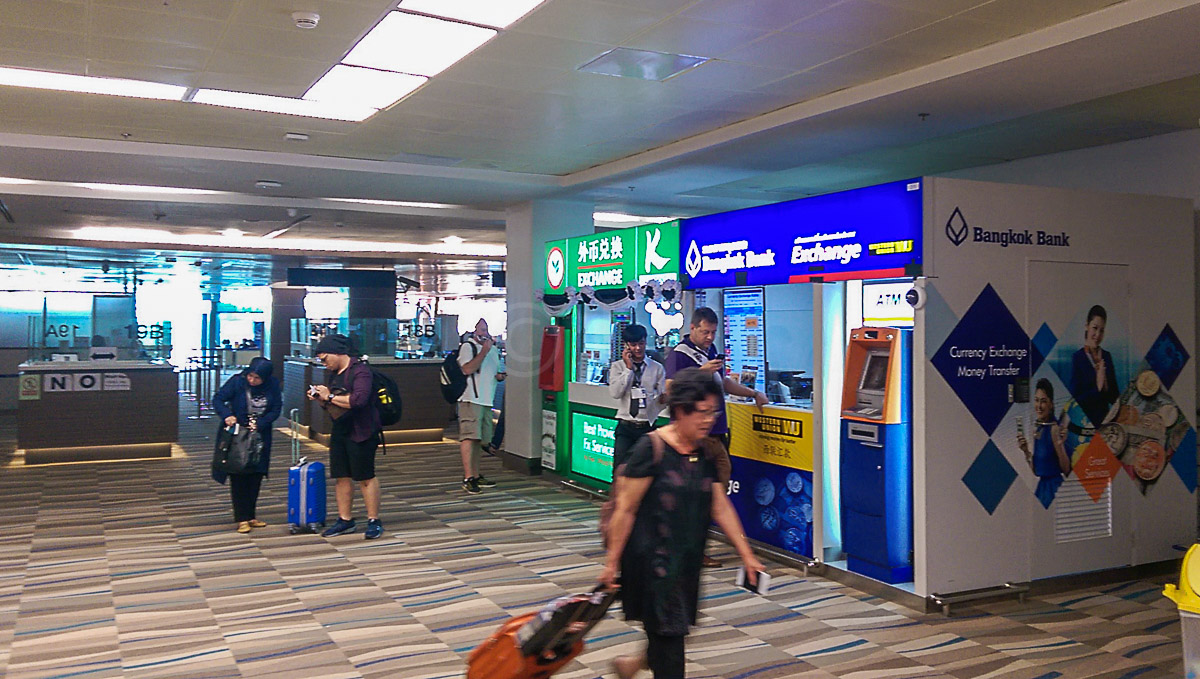
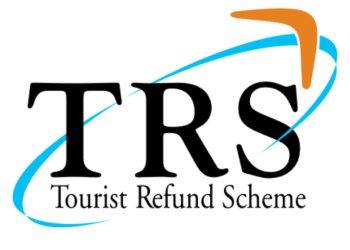
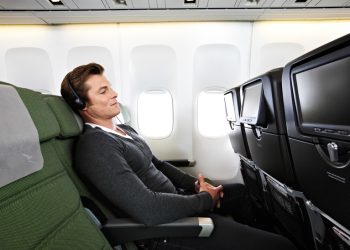

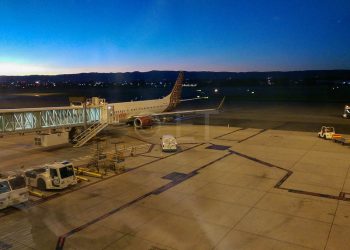
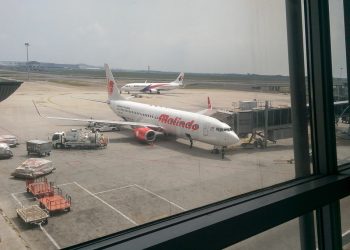
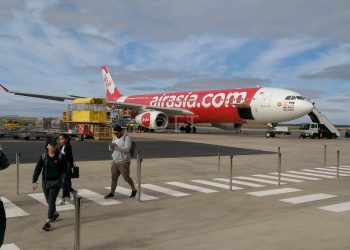
This Post Has 0 Comments